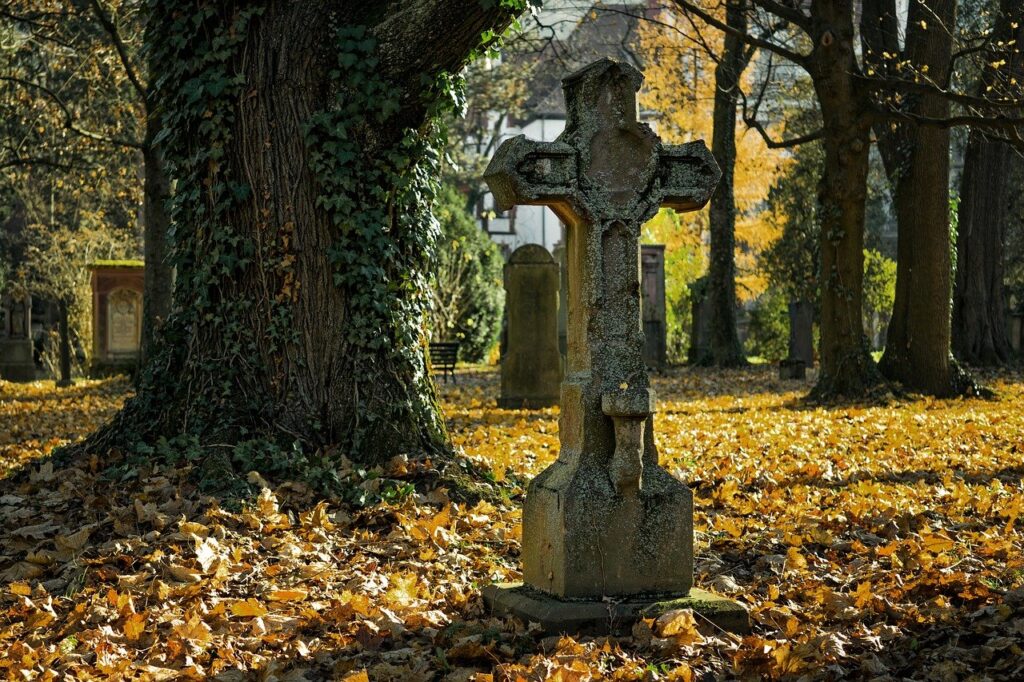. However, this practice cannot be carried out without certain conditions.
- When it involves a gift by a person who is alive (blood, marrow, kidney), all commercializing of the gift must be avoided. No one must utilize his body or the bodies of others for making money, even if the goal is to help people. Sperm donations and ovum (egg) donations are different: they are not meant to heal but to transmit life, which should be done only within the context of the sexual act between spouses. Thus, a donation of sperm or egg is contrary to the respect of the conjugal bond, even if it is done with love[1].
- Therefore, because the Church defends the dignity of human life from its origin to its end, even when artificial insemination and fertilization is carried out between spouses it is still unacceptable.
When organ donation involves a deceased person, no one is allowed to remove an organ against the family’s will or if the person was opposed to the idea while alive.
In the case of a dying person or a person in a coma, it is not permissible to remove any organs without having their death legally certified. All practices which do not comply with these rules are contrary to the respect due to each person.
|
Personal Experience Our first son died at the age of 6, the victim of a congenital illness (medullaire aplasy). His younger brother had the same disease and we hopelessly searched for a donor with compatible spinal fluid. It was at that time that we met a young priest who helped us through this difficult ordeal. We became faithful particpants at a small prayer group where we prayed, often in tears, for our second son. One day, my wife shared an intuition with me : to have another child. I was very hesitant, having been deeply affected by the whole ordeal. We prayed and reflected on this question with our priest friend. Finally, we decided to walk the path of trust and we commended this pregnancy to God. Nine months later, we had a little girl who was in perfect health. The compatibility tests between the spinal cords (of the two children) were positive….We recognized the benevolent hand of the Lord in this. He had strengthened our faith which allowed us to look towards the future of our son with confidence. Meanwhile, his condition was deteriorating, the transplant was urgent. Christopher was admitted into the hospital… He received the bone marrow that the doctors had taken from his sister. After a few months of convalescence, our son got much stronger and the hospital visits became less frequent. Today he is healed : he plays, jumps, laughs, and goes to school. We are thankful because all of this is a work of God who is present and working for us. |

Credits: www.ilestvivant.com –
Agreement 25/7/2023
with Emmanuel Community https://emmanuel.info/


